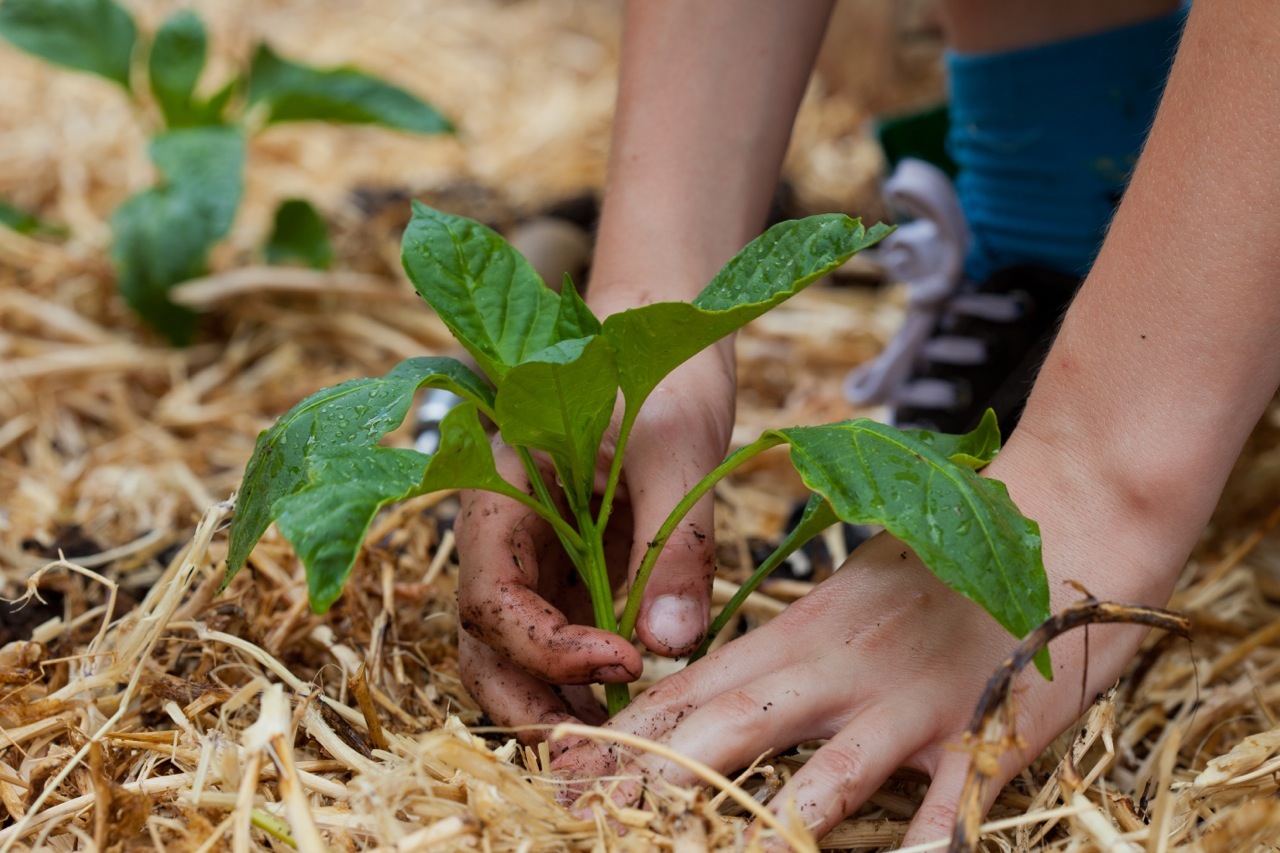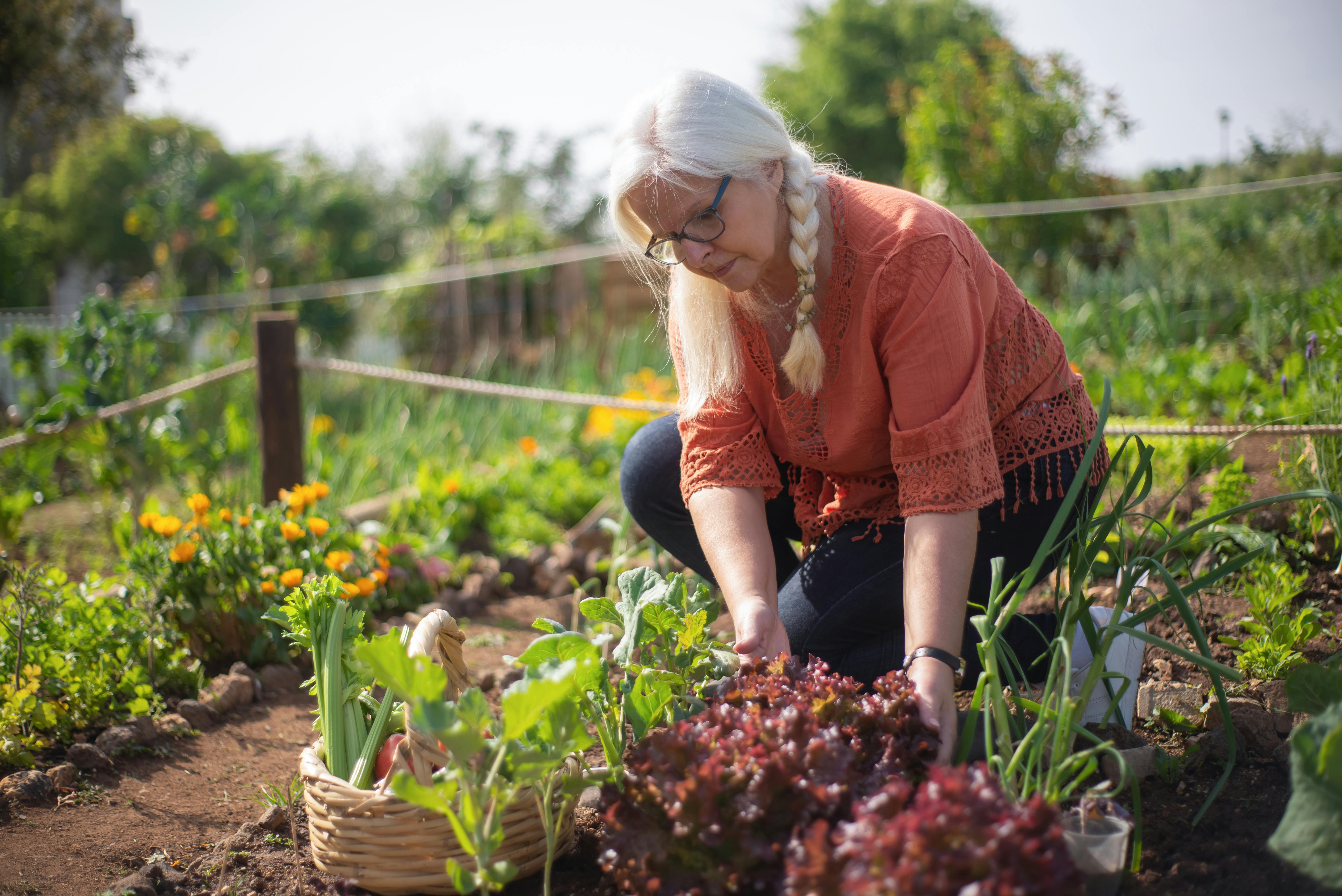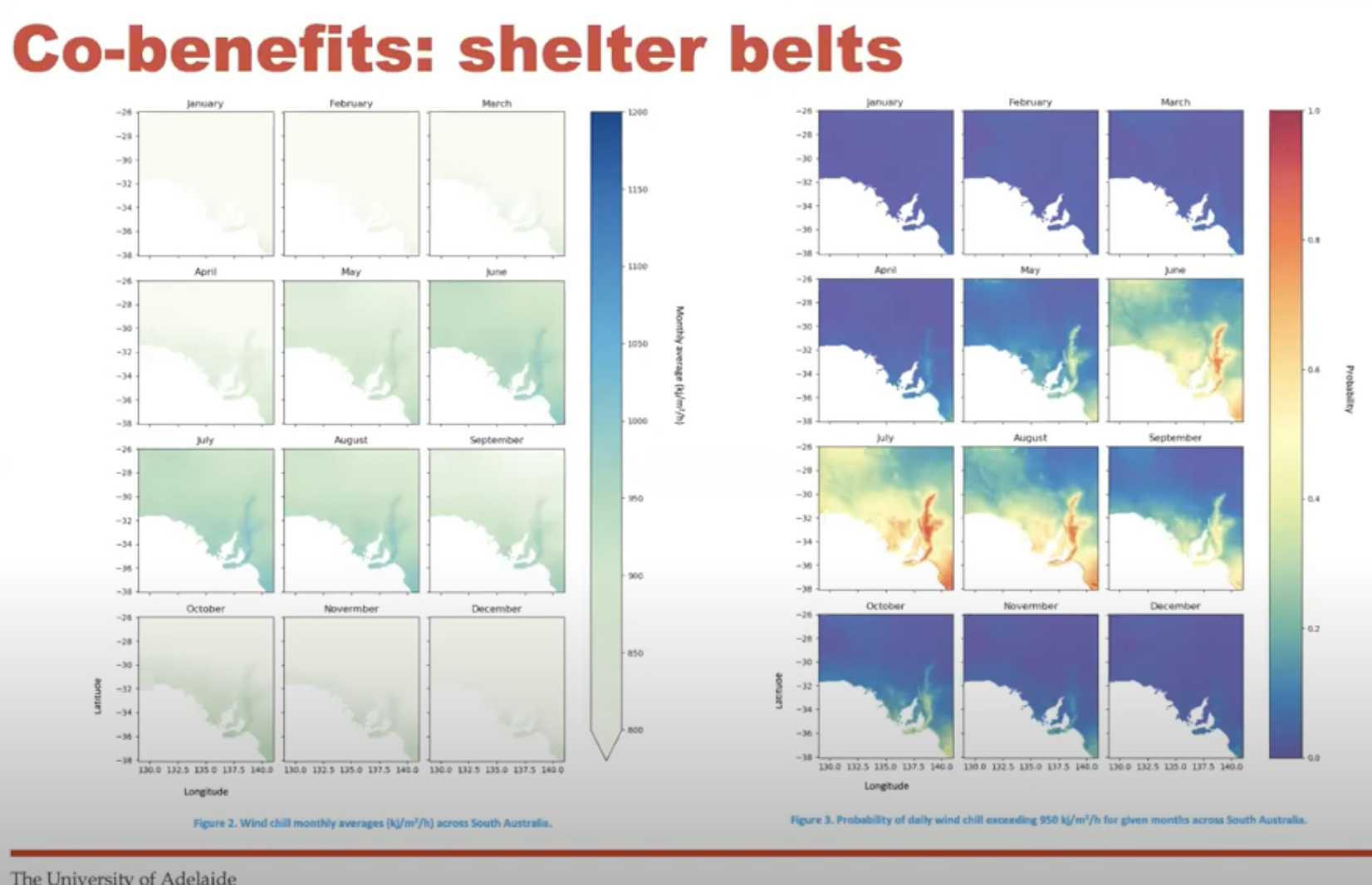Do you have a backyard veggie patch? Are you concerned about climate change? Our researchers want to learn about South Australian homes’ perceptions of both!
It is globally recognised that we need to be able to feed more people with fewer resources. Therefore, holistic solutions to rampant urbanisation and correlated climatic and societal challenges are required. As a multifunctional nature-based solution, urban agriculture – growing food within the urban boundary – brings together people with a purpose.
Ms Hannah Thwaites (School of Agriculture, Food and Wine, PhD student) is seeking participants from the South Australian metropolitan* community (18+) for a [15-20mins, anonymous] online survey about practices and perceptions of household urban agriculture, community resilience and climate change. Ms Thwaite is co-supervised by Environment Institute’s Professor Timothy Cavagnaro (School of Agriculture, Food and Wine) and Professor Melissa Nursey-Bray (School of Geography, Environment & Population).
Our researchers are looking to understand whether urban agriculture at the household- and collectives of household-level plays a role (or could play a role) in fostering and enhancing community resilience in the face of climate change. A critical element of the survey design has been the ability to capture perceived barriers to community engagement in urban agriculture and hearing from those already growing food at home.
Historically, in times of stress, when the fragility of existing systems and supply chains are exposed, growing food at home is a time-tested local strategy to address social, ecological and economic challenges. Whilst a less visible source of food supply home gardens are accessible to much of the urban population (both at the balcony and backyard scale) and models of output use (e.g. harvest distribution through sharing and trading) also play a part in building the collective resilience of communities. Through crises and challenging times, communities and individuals have had to find ways to be resilient. A resilient community is one that reduces its vulnerability to change and together responds creatively to maintain or increase its long-term sustainability. This desire to persist collectively can result in the mobilisation of community members to create, develop, and engage community resources.
This interdisciplinary research lies at the intersection of the biophysical and social sciences and aims to explore urban agriculture’s potential for building community resilience in the face of climate change. Individuals, communities and policymakers can use the new knowledge generated by the survey to make better-informed decisions, which may consist of the harnessing of urban agriculture at the governance and/or grassroots level as a mechanism to be applied against the current and projected challenges of climate change.
The survey has been intentionally timed to coincide with Urban Agriculture Month 2022 (01-30 November 2022), a national celebration of all things urban agriculture (an initiative of SUSTAIN: The Australian Food Network).
*The ABS-definition of the Greater Adelaide region encompasses 17 Local Government Areas:
City of Adelaide, City of Burnside, Campbelltown City Council, City of Charles Sturt, City of Holdfast Bay, City of Marion, City of Mitcham, City of Norwood Payneham and St Peters, City of Onkaparinga, City of Playford, City of Port Adelaide Enfield, City of Prospect, City of Salisbury, City of Tea Tree Gully, City of Unley, City of Walkerville, City of West Torrens





